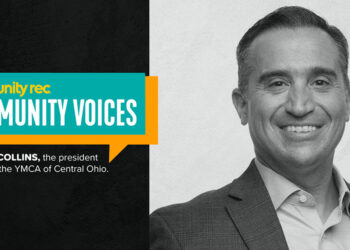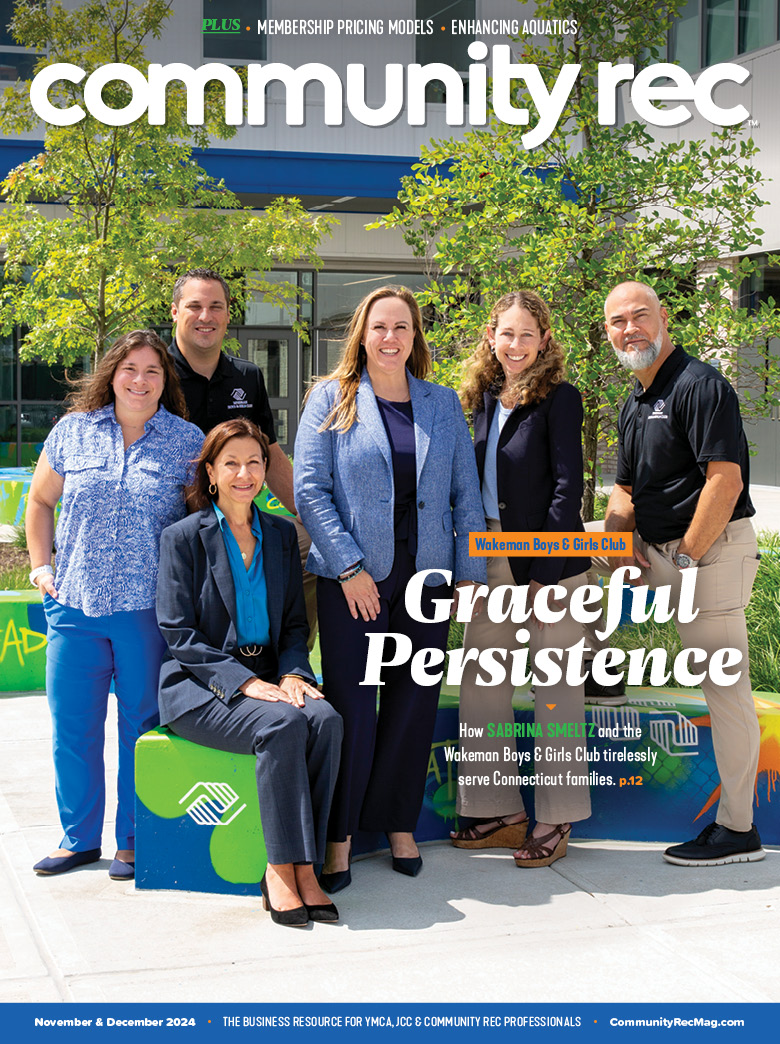The Human Library started in Copenhagen, Denmark, in 2000 and has since spread across the world. One community hosting its own version of the event is the Isaac Waldman Library at the JCC of Greater Vancouver.
To bring awareness to diversity, equity, and inclusion (DEI) issues and discourage the use and power of stereotypes, the Human Library will feature human books readers can have a conversation with or “read.” The human book volunteers share their story or how they face stereotypes with readers to encourage empatethic listening. Each book has a title with some of the JCC’s including “Child Holocaust Survivor,” “Brain Cancer Survivor,” “Police Officer” and “Man who Experienced his Mother’s Decline into Dementia.”
The event will be held at the JCC on April 7 and will last four hours. Visitors will have the chance to talk to four of the human books throughout the afternoon with breaks built in and snacks provided. The Isaac Waldman Library hosts Human Library events regularly to create connections with JCC members and visitors from the greater community.
Connecting Communities
“A Human Library is a good way for people to reach out and connect with others in the community they may not normally engage with,” said Jill Pineau, the head librarian at the Isaac Waldman Library. “A lot of our volunteer human books come in externally from our community center which is really interesting. This event invites members of the public who have diverse lived experiences. It allows people to really engage with each other in a way they don’t normally.”
Working to coordinate and find speakers is both a highlight and challenge for Pineau. She advised having a clear marketing strategy when planning an event like this and reach out to areas of the community you may not initially think about. To ask a person to be a human book is asking a lot, but Pineau also emphasized how rewarding it can be.
“I think it’s an incredibly difficult thing to be so vulnerable about who you are and what you’ve been through in your life, especially with strangers,” explained Pineau. “It’s really a beautiful and selfless thing these people are willing to do as a volunteer for this event. My experience meeting and talking to all our human book volunteers has been extremely meaningful.”
Other tips include procuring the licensing agreement from the Human Library in Copenhagen early in the process. Pineau recommended acquiring it six months to a year in advance. Partnering with the JCC’s inclusion department also increases the amount of people able to help with marketing, coordinating and execution of the event.
Further Opportunities for Connection
With an event like this, it’s easier to find ways to collaborate with other staff as the nature of the event allows it to fall under the jurisdiction of different departments. Though it’s perfect when this can be held in a library, any organization who wants to encourage DEI values and dispel stereotypes can host it.
“This is something that appeals to people of all ages and all walks of life,” explained Pineau. “It’s really about meeting diverse people and hearing their stories. This event gives us the opportunity to bring our library to life and engage in a lot of the fundamental things we believe in. Whether it’s squashing the cliché of ‘don’t judge a book by its cover’ or promoting storytelling and curiosity, it’s a free and accessible event that’s close to many of our hearts.”
Want more resources like this sent straight to your inbox each week? Sign up for a digital subscription here.










